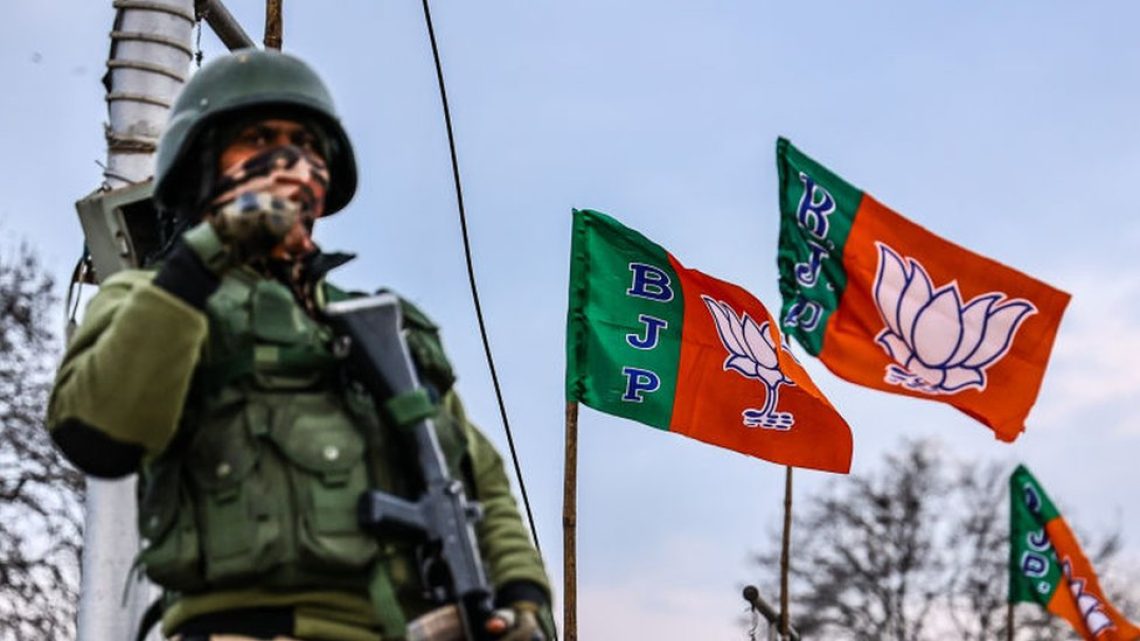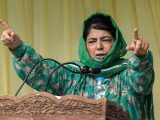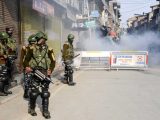
Elections in IIOJK: A Cover for Military Rule
September 16, 2024The upcoming elections in Indian illegally occupied Jammu and Kashmir (IIOJK) are widely seen as a sham designed to create a misleading sense of normalcy. The reality is different, dominated by a heavy military presence and widespread suppression.
Approximately one million military and police personnel are stationed in the region, and the ban on Hurriyat organizations further undermines the elections’ legitimacy. Activists and experts in Srinagar argue that these elections are a mere façade, lacking genuine democratic substance.
Leaders of Hurriyat organizations, such as Masarrat Aalam Butt, Shabbir Ahmad Shah, Muhammad Yasin Malik, and Syeda Aasiya Andrabi, are imprisoned in New Delhi’s Tihar Jail. Mirwaiz Umar Farooq faces intermittent house arrest. Such conditions cast serious doubts on the elections’ credibility.
Civil society activists question how elections held under these circumstances can truly reflect the people’s will or represent democratic principles. They argue that the elections are intended to legitimize India’s controversial actions of August 2019, which altered the region’s status unilaterally.
Critics contend that the Indian government’s main goal is to reinforce its occupation while deceiving the international community about the true situation in IIOJK. The election candidates, they argue, do not represent the genuine aspirations of the Kashmiri people but rather advance India’s Hindutva and occupation agendas.
In contrast, the All Parties Hurriyat Conference (APHC) is seen as the legitimate representative of Kashmiri interests. This organization is dedicated to resolving the Kashmir dispute according to UN resolutions. Despite the imprisonment of its leaders, the APHC continues to symbolize the Kashmiri people’s quest for self-determination.
Kashmiris remain steadfast in their pursuit of freedom, seeking a UN-sanctioned plebiscite rather than participating in what they view as election theatrics. The struggle for genuine representation and self-determination persists, undeterred by the superficial electoral process imposed by the occupying forces.

